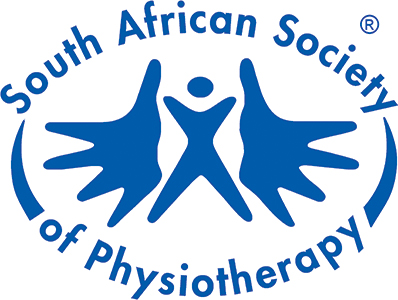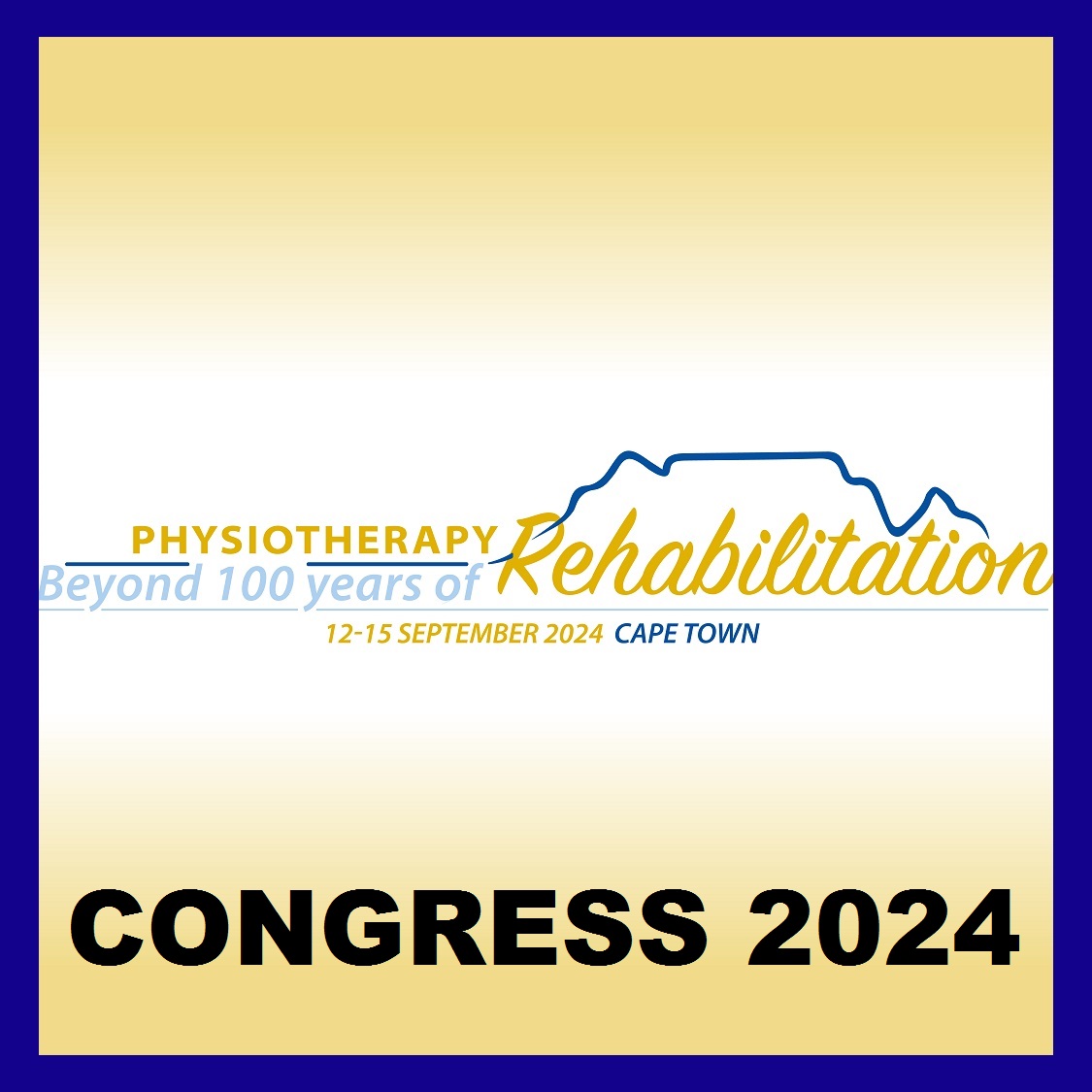Hey kids – how fit is your BRAIN?
Children with thinner ‘gray matter’ in their skulls are way better at maths than other children. And what’s the difference between the two groups? Fitness!
Yes, it may be that little bodies who run around, climb trees and play ball games have a head start – literally – on their friends who spend more time sitting still.
A new study suggests that 9- and 10-year-old children who are aerobically fit show thinning of the outermost layer of brain cells in the cerebrum, a part of the brain crucially involved in learning and memory. The study was published in the journal PLOS ONE in August this year.
The lead researcher, Dr Laura Chaddock-Heyman, said that this thinning out of the gray matter is a normal part of brain development in the growing child. This sort of ‘pruning’ process sheds unnecessary connections and is how the fully-formed healthy brain is sculpted. And in previous studies it’s been shown that this thinning is associated with better reasoning and thinking skills.
“We show, for the first time, that aerobic fitness may play a role in this cortical thinning,” she said. “In particular, we find that higher-fit 9- and 10-year-olds show a decrease in gray-matter thickness in some areas known to change with development, specifically in the frontal, temporal and occipital lobes of the brain.”
The researchers tested fitness by popping the 48 children involved in the study onto a treadmill, imaging their brains with an MRI and testing them on maths, reading and spelling skills. And it was in the maths – that crucial part of preparation for further study and solid careers – that the difference was noted. The fitter the child, the better the maths ability.
“This study highlights the need for sport, physical education and promoting physical fitness in our schools,” said Dr Ina Diener, president of the South African Society of Physiotherapy (SASP). “Within our focus on movement for good health, we call on parents and teachers to bear in mind the enormous benefits of physical activity for their children.”
Which makes the theme for National Physiotherapy BackWeek, from 7-11 September 2015, ‘Movement for Good Health – Exercise!’, highly relevant to our children – and to all of us.
“Getting yourself moving is good for the brain, no matter what your age,” said Dr Diener. “Research also shows that exercise improves nerve cell function and protects against cognitive decline, apart from the good it does for your body. Which is why we urge people to get moving and get active during National Physiotherapy BackWeek.”
References
http://medicalxpress.com/news/2015-08-links-cardiorespiratory-thinner-gray-math.html
http://www.ncbi.nlm.nih.gov/pubmed/21722657
http://www.ncbi.nlm.nih.gov/pubmed/23091073
Back







